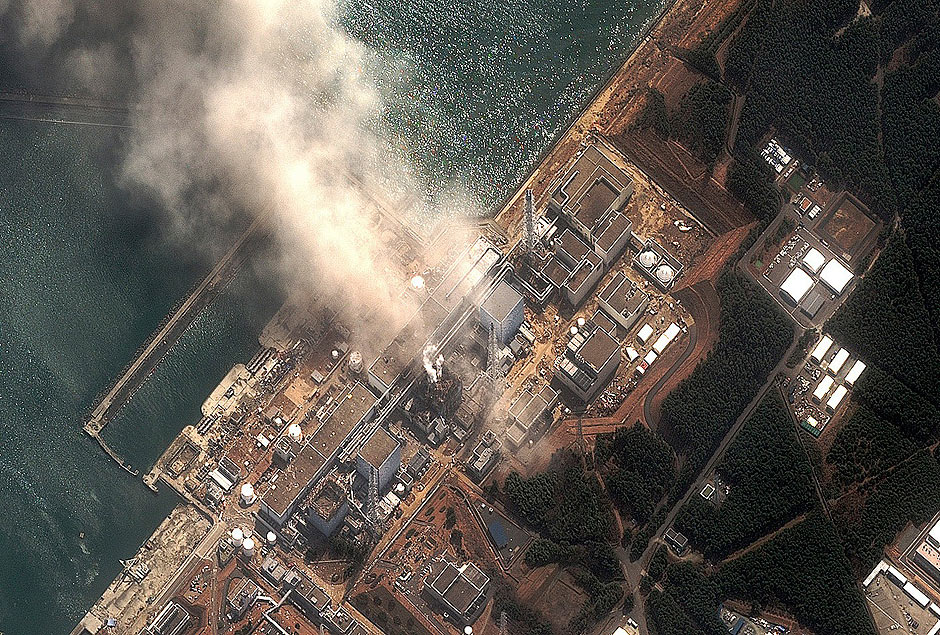Huh. That's a weird one; not sure if there's anywhere this is an observed problem outside of a lab though?
No, bio-accumulation is a serious issue that affects a lot of ecosystems, and is a real bitch to handle because removing those chems from the environment is no simple task.
There are always trace amounts of stuff like anti-depressants, hormones, and other pharma products that linger in human waste and industrial discharge.
Some of those compound take a long time to naturally break down, and start accumulation in different animal and plant species when they enter the waterways/oceans.
Remember when Alex Jones talked about how chemicals were turning frogs gay? He wasn't lying, and was addressing this issue in his own fashion, completely separate from green groups.
One example in the US is how we stopped using DDT partly because it was found to be seriously hurting the ability of prey birds to successfully brood, because it made the egg shells thinner than normal. Including the Bald Eagle, which was endangered in the Lower 48 for a while (Alaska's pop hadn't been exposed to near as much DDT and remained healthy).
Here are a few links on the issue of bio-accumulation:
Prescription drugs in waterways may be altering the behavior of aquatic animals, according to a study published this week in the journal Ecosphere. | Health And Medicine

www.labroots.com
Living things are intricately connected to each other and to the air, water, and soil that surrounds them. Our research looks at how contaminants move through the environment and living things to understand the chemical and physiological processes and ecological factors that influence exposure...

www.usgs.gov
Bioaccumulation and metabolism of p,p'-DDT was studied in the marine carnivorous fish Lates calcarifer, Asian seabass, in a controlled aquaculture experiment. Over a 42-d period, seabass were fed pellets dosed with p,p'-DDT at environmentally realistic levels. Virtually all p,p'-DDT in pellets...

pubmed.ncbi.nlm.nih.gov
This issue is part of why the environmentalists are renewing the push for chem-free farming, to reduce the amount of at least ag pollutants that are bio-accumulating.
Chem-free farming and this issue are probably one where I think the Left and Right can likely agree; both prefer more 'natural' methods of farming, when possible. However Big Pharma very much dislikes when people pay attention to this subject, because it is an issue they are worried both sides could agree on.




